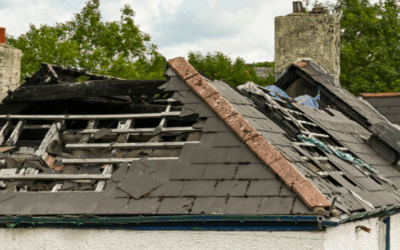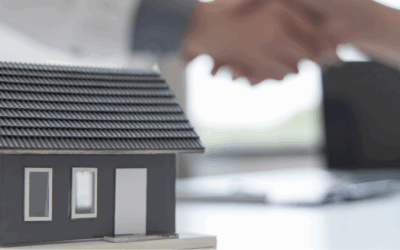As a residential landlord, you’ll need more than traditional home insurance to protect yourself when letting out your property. Making the transition from property owner to landlord is a huge change, and welcoming tenants can be more than you bargained for -especially if you are unprepared.
What is Home Insurance?
Recommended for all residential properties, home insurance gives you peace of mind against common problems and risks. A good home insurance policy will typically cover the following elements:
- Replacements for stolen or damaged possessions such as laptops, televisions, and mobile phones
- Repairs for accidental damage carried out by approved suppliers
- Cover for flooding, fire, and escape of water
- Locksmith services in the event of a break-in
Home insurance policies can also be tailored to cover specialist objects and possessions, such as fine art and collectables. However, while home insurance is necessary for the property you live in, it won’t fully protect you for the properties you let out.
What is Landlord Insurance?
Residential landlord insurance protects you from the risks associated with letting out a property and covers you for things that traditional home insurance doesn’t.
If you have multiple rental properties in your portfolio, the right Landlord insurance can also be extended to cover all of them, protecting your whole portfolio with one policy.
Landlord insurance protects you in the following circumstances.
- Liability and legal cover to protect you if your tenants are injured in your property
- Rent protection to guarantee income if the property is vacant due to fire, flood or major damage.
- Cover for the cost of alternative accommodation if your tenants need to vacate the property whilst repairs are being made.
- Landlord specific contents insurance to protect your possessions.
What else will you need?
To protect yourself and your investment, you’ll also need buildings insurance to cover the bricks-and-mortar property itself. When taking out building’s insurance be sure to check that it covers the full cost of rebuilding the home if it is damaged beyond repair. Buildings insurance protects against the following:
- Theft, vandalism and malicious damage
- Lightening, storm and earthquake damage
- Subsidence
- Burst pipes
- Fire or smoke damage
- Oil or water impact caused by accidents
Why choose The Bateman Group?
We’ve been working in the insurance industry since 1967, focusing on building professional relationships with our clients. Most mortgage companies will not grant you a buy-to-let mortgage without having the proper insurance in place, so it is our job to ensure you have the right policies.
We also have access to the whole of the market, including insurers that are not available on comparison websites. Our insurance experts will take the time to understand your needs and match you with the right insurance companies. Call 01926 495 113 or use our contact form to get in touch.



